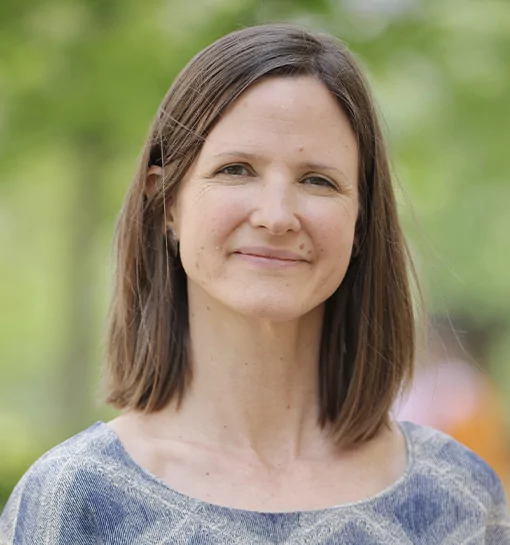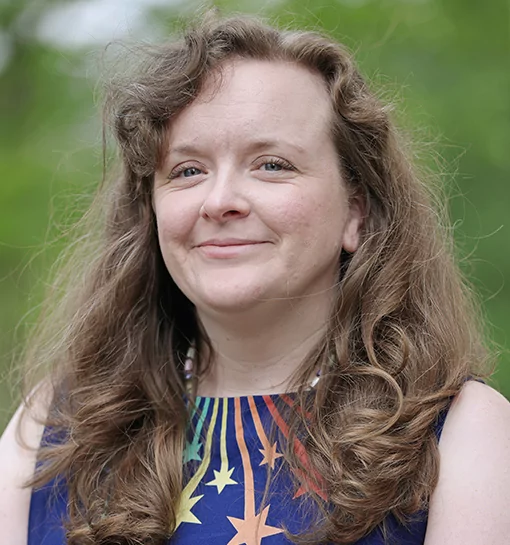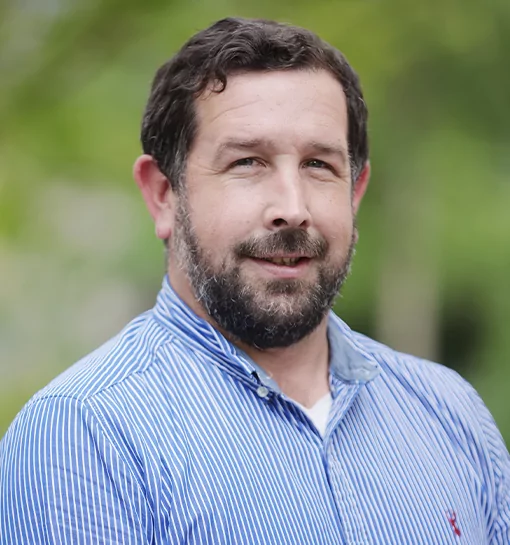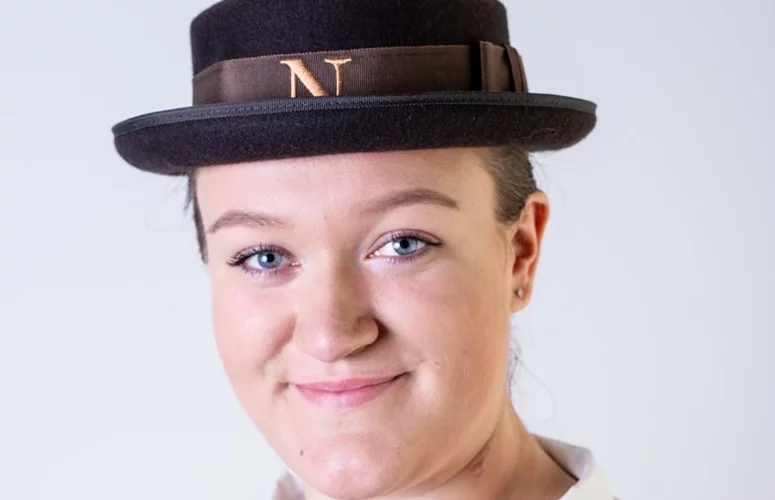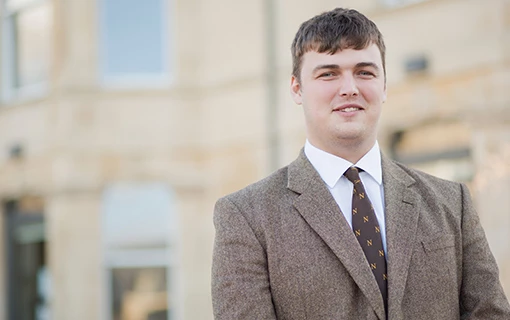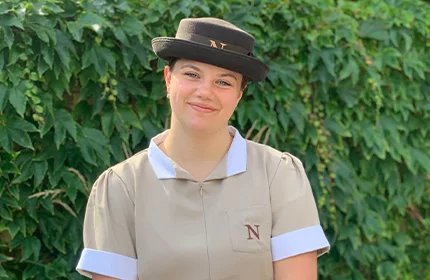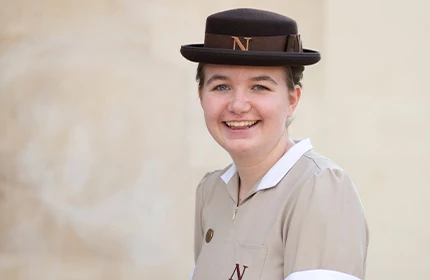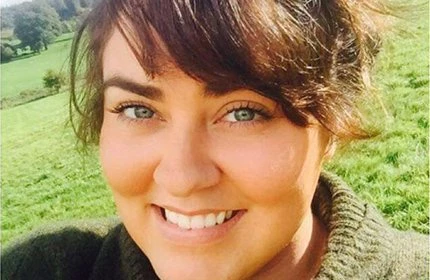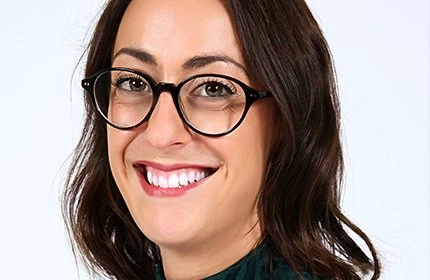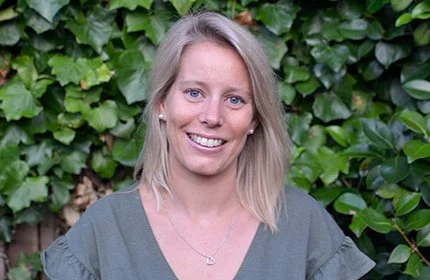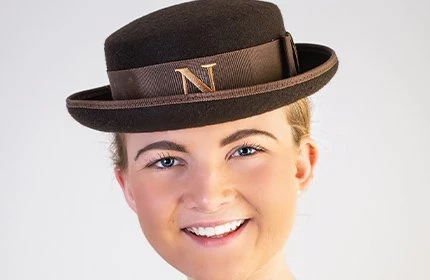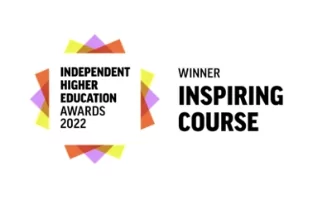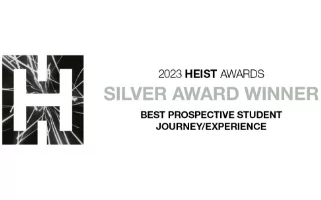Learning, teaching and assessment on our BA (Hons) Early Childhood Education and Care degree and diploma
Discover our early childhood training
You’ll learn through a variety of teaching, learning and assessment techniques
When studying our BA (Hons) Childhood Education and Care degree and skills-based diploma programme, our students enjoy high success rates because we use a wide range of teaching and learning techniques to suit different learning styles and provide tailored student support services. The percentage of students that graduate from the degree is well above average, comparable only to the very top academic universities in the UK.
You’ll be taught in lectures, seminars and tutorials (both tutor- and student-led) and supported by directed research. You’ll also learn through practical workshops and classes, through tutor- and self-directed study and through the application of theory and reflective practice in real-world situations. You’ll also benefit from technology enhanced learning through a virtual learning environment designed to complement face-to-face learning and access to a dedicated specialist.
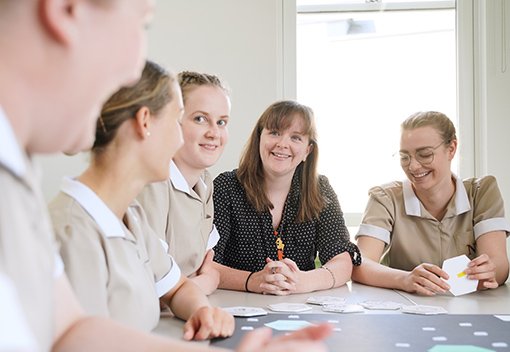
Workload
For each BA (Hons) Early Childhood Education and Care degree module, you can expect to commit to 10 hours of study for each credit (known as a CAT point). This commitment includes contact time with staff such as lectures, tutorials, library support, independent study and reading, preparation for contact hours, coursework, revision and assessment. For example, for a 20-credit module you will spend around 200 hours as part of your study both on and off campus. Each year, you will undertake a total of 120 credits, so around 1,200 hours of study.
At Norland, you will also spend additional hours on placement as part of both the degree and the diploma training. For example, a 30-credit placement module in the first year consists of 388 hours of placement which includes teaching and contact time, but mostly consists of time in placement. The placement modules exceed the 10 hours per credit because you will also be fulfilling the requirements of the diploma.
In total, you will spend 1,265 hours on 8 placements across the three years including a 25-hour newborn experience – this amounts to 34 weeks on placement or 35% of the course.
The time commitment of the diploma includes practical modules such as Sewing and Food and Nutrition, which are taught weekly, as well as masterclasses on specialist topics. As a Norland student, you will devote more time to your studies as you are undertaking both a full-time degree and the practical diploma.

You’ll be assessed throughout your training using a variety of methods
We’ll use formative assessment to determine your day-to-day learning and development by observing your participation in tasks, by questioning, quizzes, peer assessment and many other methods.
We’ll use summative assessment to identify your achievement at key stages throughout the programme, which will contribute to your marks and grades. Summative assessment will mostly be done through different coursework methods and a small proportion of written exams. We will set appropriate and inclusive assessment tasks with clear marking criteria in advance to promote and measure learning and ensure feedback is prompt so you can reflect on your work, rectify mistakes and measure your own progress. You’ll complete placement-based assessments, such as observations, plans and other work-based materials.
In the final year of the BA (Hons) Early Childhood Education and Care degree, you’ll complete a work-based project enabling you to demonstrate your knowledge, understanding and skills to the highest level.
Read our Teaching, Learning and Assessment Policy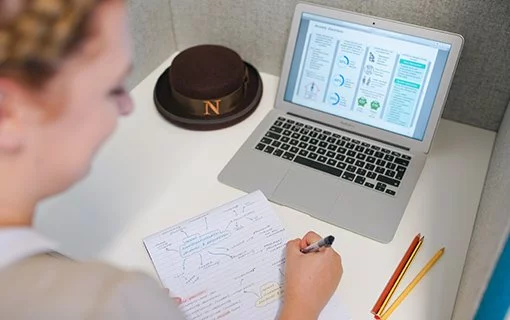
Approximate hours and percentage of scheduled teaching time at each site and online
| Year 1 | Year 2 | Year 3 | Total | |
|---|---|---|---|---|
| Oldfield Park (in person) | 258 hours (85%) | 244 hours (86%) | 205 hours (85%) | 707 hours (85%) |
| York Place (in person) | 31 hours (10%) | 23 hours (8%) | 18 hours (8%) | 72 hours (9%) |
| Online (Norland diploma teaching only) | 15.5 hours (5%) | 15.5 hours (6%) | 17 hours (7%) | 48 hours (6%) |
The table above provides an approximate breakdown in hours and percentage of where students are taught. Most of the teaching takes place at our Oldfield Park campus with some taking place at our York Place building and a small percentage of Norland diploma classes online.
These figures are calculated from compulsory and optional modules and include our value-added curriculum which consists of guest lectures and sessions such as first aid and self-defence.
This table excludes independent study time, which is explained above, and excludes placements which equate to around 35% of timetabled weeks at Norland. Find out more about placements at Norland
Meet our Teaching and Learning management team
Register your interest in studying at Norland to stay connected
Sign up to our mailing list to receive the latest study news and information about our open days, funding opportunities and student life.
